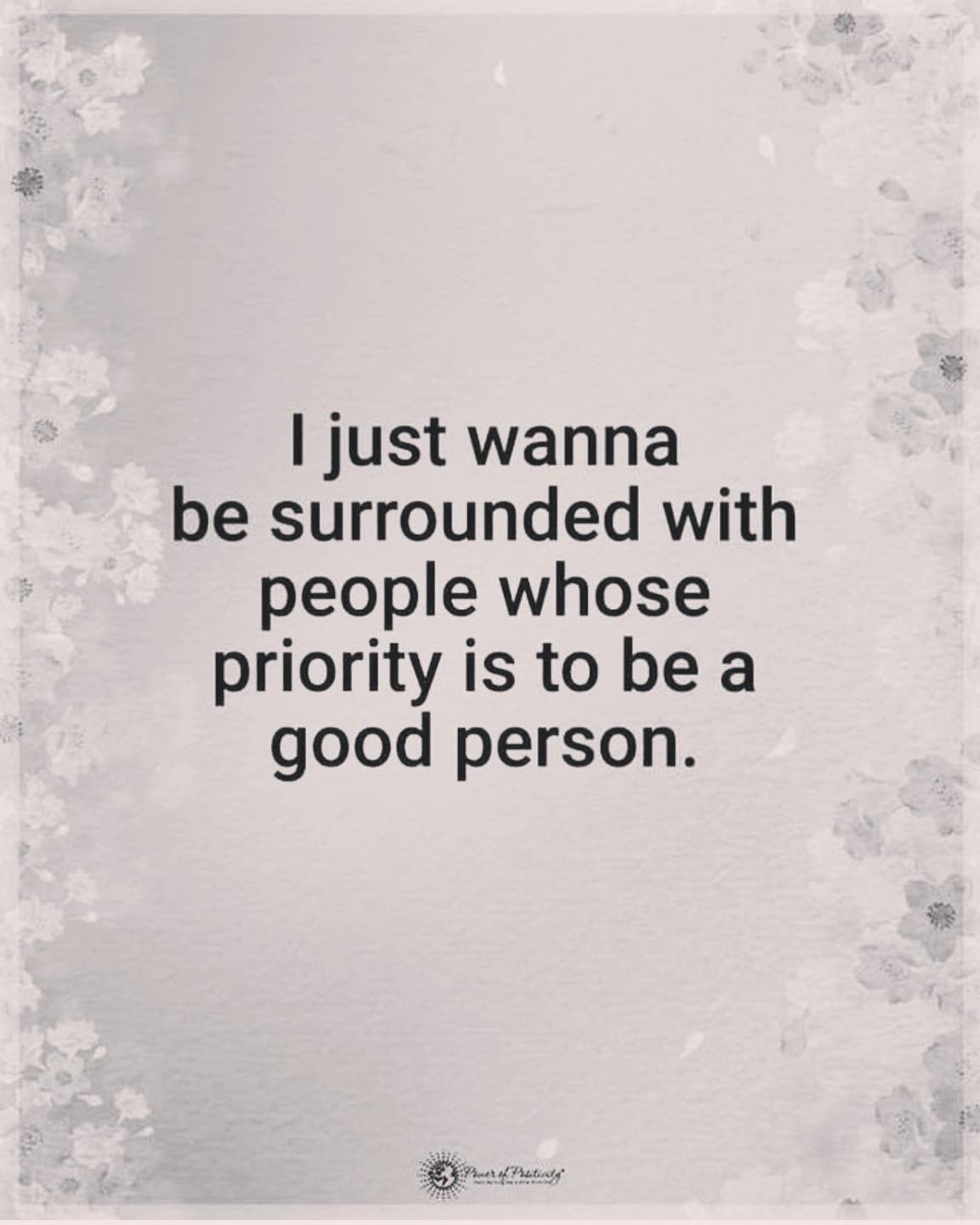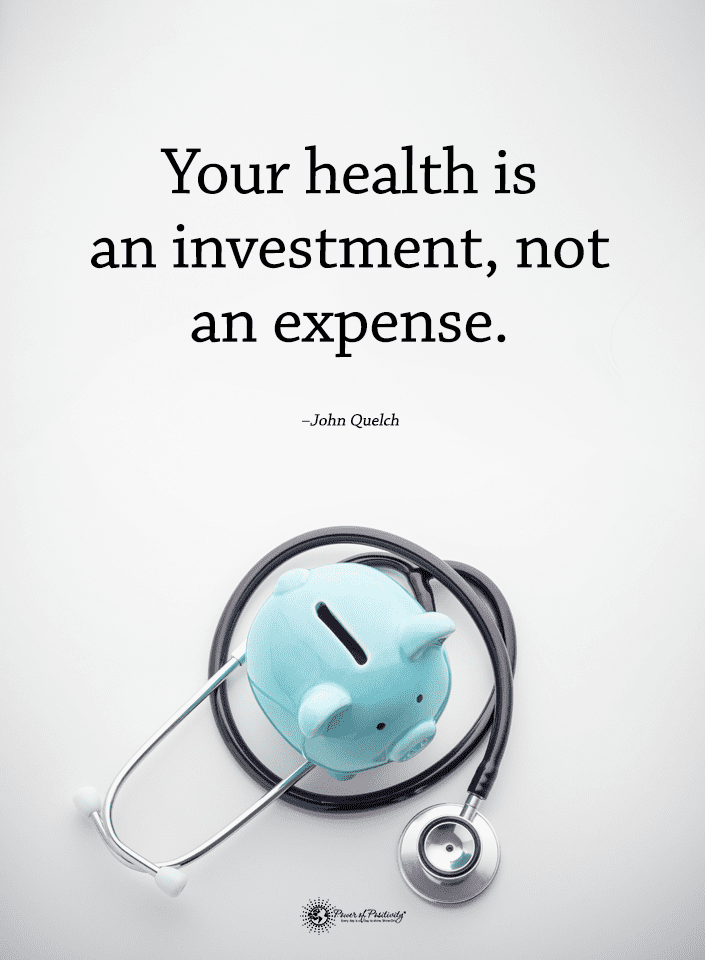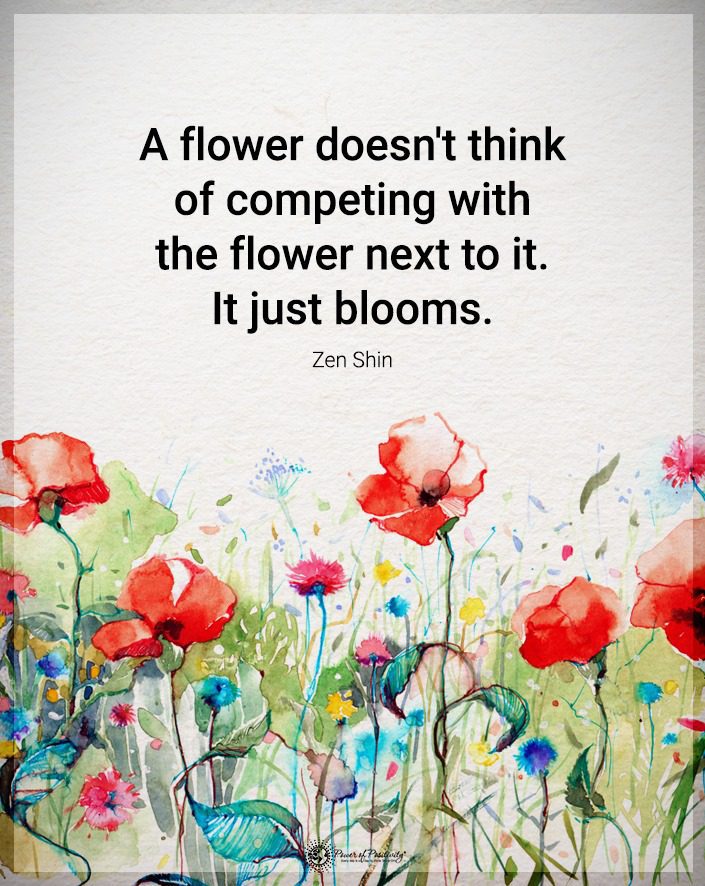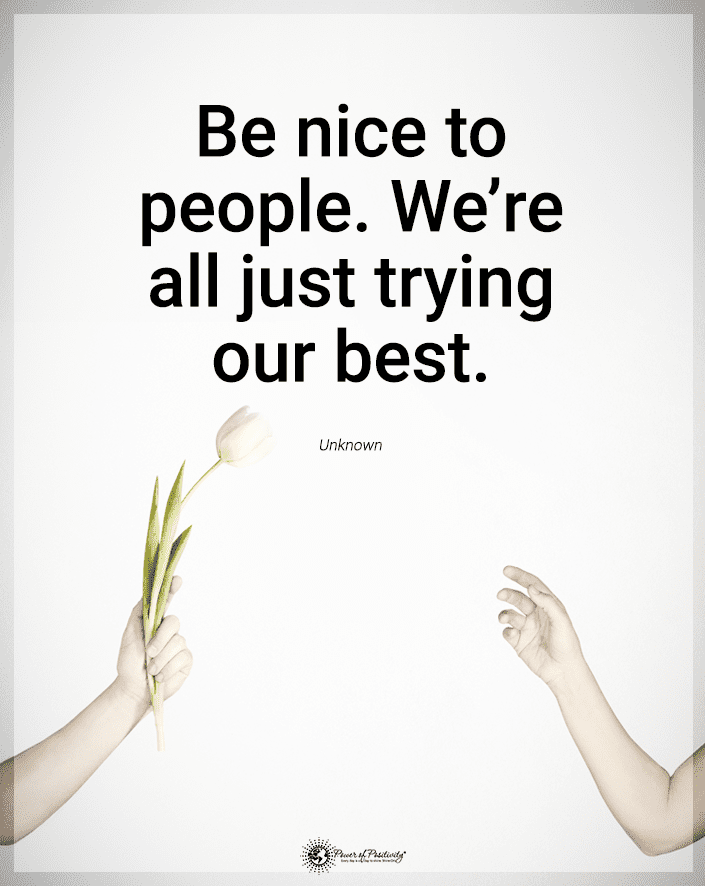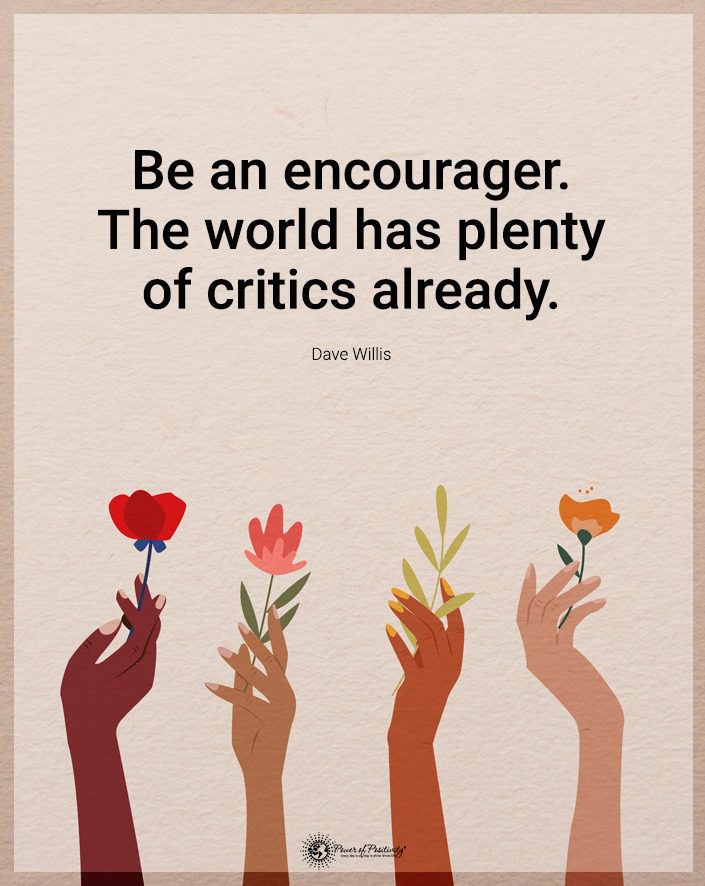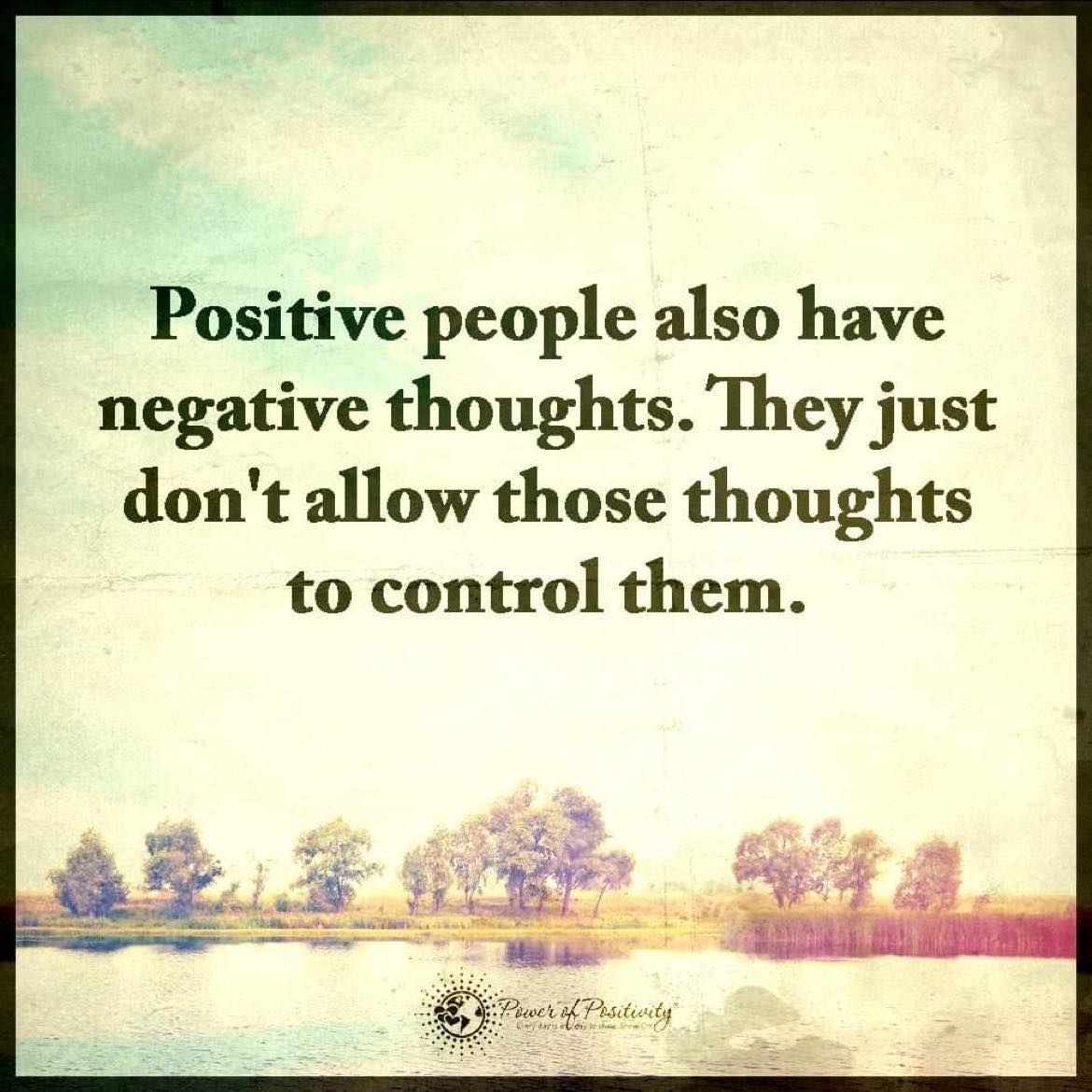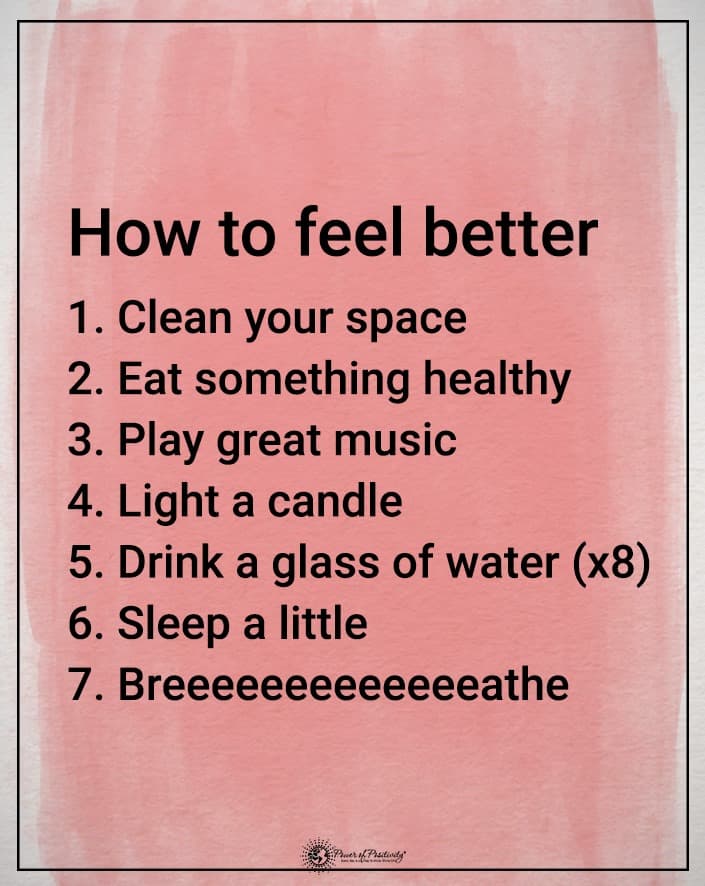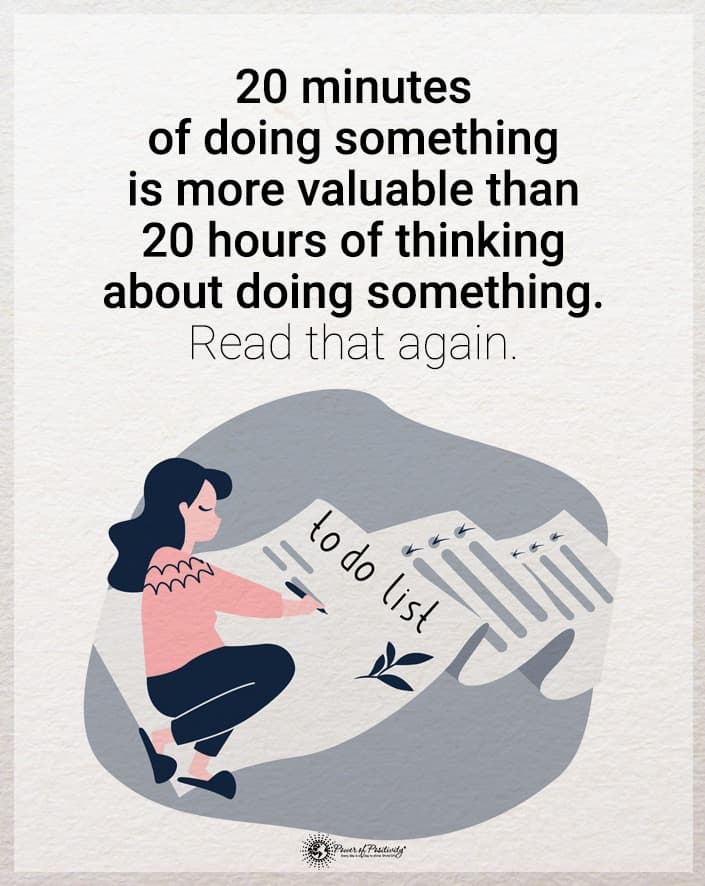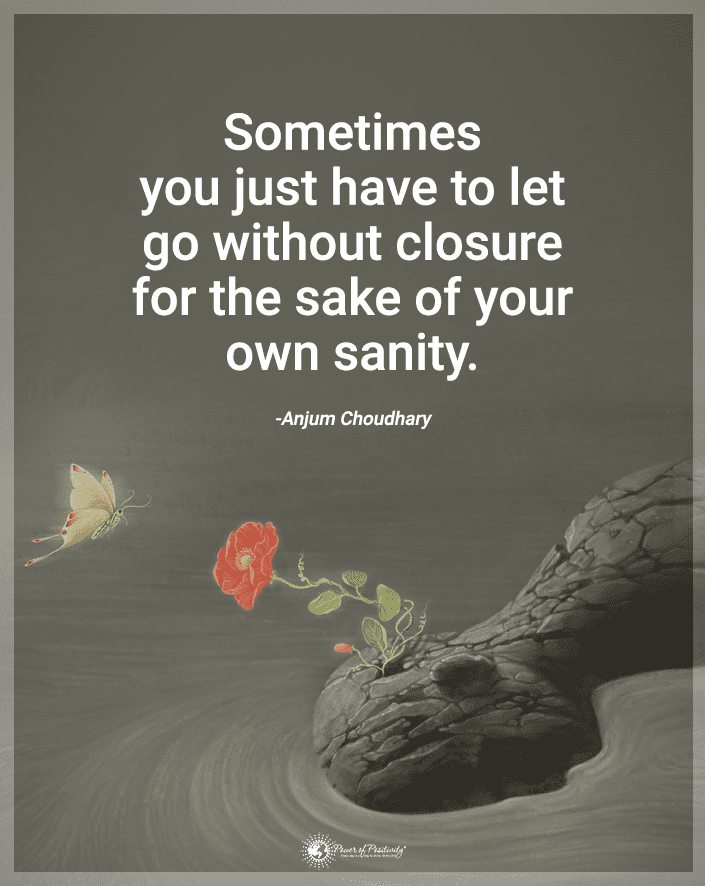Positive thinking isn’t just a trendy term that people use. Instead, positivity is a lifestyle that makes you a better person. With a positive mindset, you’re better equipped with ways to handle things in your life. The world around you is geared toward a negative mindset, so positive thinking and an optimistic attitude go against the grain.
If you want to embrace positivity, you must learn activities that can push you from the negative mindset that’s become common in life to a more positive one. Though it’s challenging, it can be done. Optimism is the key to living a happy life; those who master this feat will find joy and contentment.
Four Common Causes of Negativity
It’s easy to be negative, as misery loves company. The people around you will join in and sing their woes right along with you. However, do you ever stop and wonder where all these toxic thoughts come from inside you? Here are the most common places:
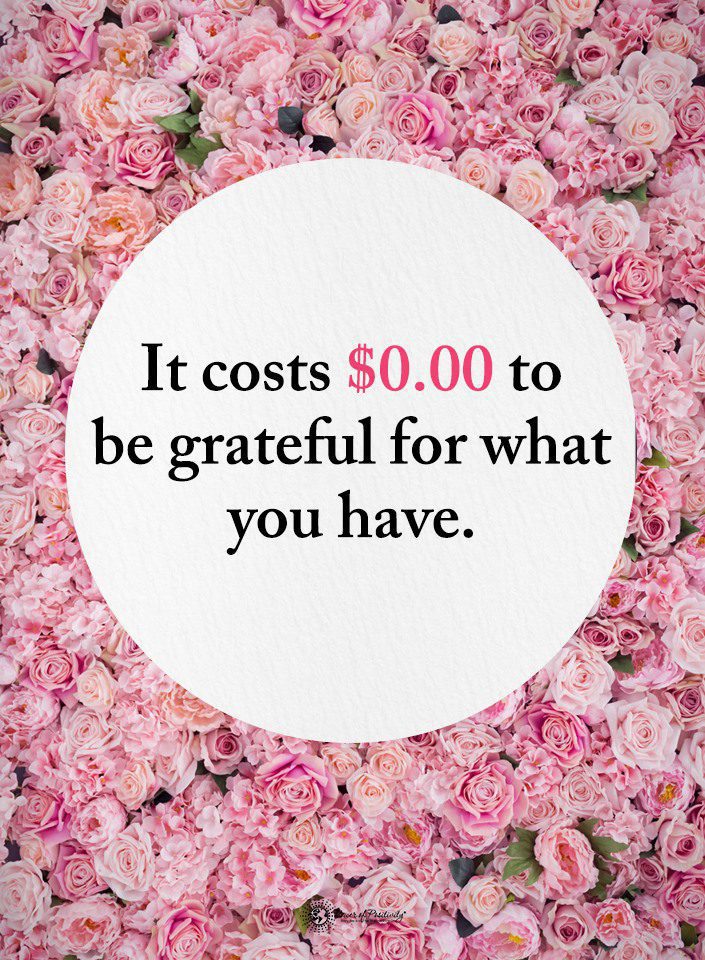
1. Fear
At the helm of your negativity is a powerful emotion called fear. It will inhibit your positive thinking and paralyze you from being all you can be.
2. Poor Self-Image
Having low self-esteem and an overall view of yourself inhibits positive thoughts. Rather than seeing all your beautiful qualities, you tend to dwell on the negative ones.
3. Your Inner Critic
The voice in your head can be pretty destructive, so you need to combat it with constructive activities. The key is to train your inner critic to criticize constructively, and it will help you generate more positive thoughts.
4. Toxic Relationships
Have you heard the adage that birds of a feather flock together? If you’re hanging around individuals with a negative mindset, it’s safe to say that you will also be pessimistic. Find people who increase the positivity in your life and not the negative.
Fifteen Activities That Increase Positive Thinking
What are the fifteen best activities to enhance your positive thinking? We have gathered them for you below. You will find that incorporating these things into your life will elevate your mood and make you feel happier in general.
1. Don’t Live According to a Label
Labeling people is a toxic trait that others do; you also do it to yourself. Putting yourself in a class can empower you to have feelings that aren’t always healthy. Stop telling yourself all the negative stuff, and ensure your self-talk is optimistic.
The first positivity-boosting behavior involves speaking kindly to yourself. Start saying things like “I am a survivor.” “I can accomplish anything I set my mind to do.” “I am a happy person.” Proverbs 23:7 says that as you think in your heart, so shall you be, so it’s time to start having more positive thoughts.
2. Reframe Negative Situations
How’s your mental power? Some folks crumble when anything unpleasant comes their way, but it’s all a matter of perception. It would help if you learned to reframe situations to see the optimistic side rather than dwelling on the negativity.
Too often, folks like to wallow in their overwhelming feelings of disappointment and sadness, but the key is learning to shift your perspective. Remember, every cloud has a silver lining; you can find the positive in the most negative situations.
3. Embrace Positive Thinking by Embracing Change
Humans are creatures of habit, and change can be hard to experience. However, life isn’t going to stay the same, as things constantly evolve. Learning to embrace changes in your life rather than fighting them can be the key to having more optimism, positive thoughts, and less negativity.
4. Try Meditation to Boost Positivity
Meditation is a powerful tool that can help enhance your positive thinking. This ancient art works so well because it allows you to silence your thoughts, slow your brain down, and enhance your focus. Too many times, people concentrate on things that are not even relevant, and thus it creates chaos and noise that they can’t ignore.
You don’t need much time to devote to meditation, as just a few minutes will do. Many find that it helps them to be more clear-headed, so they use it at work, on lunch break, or anywhere they need to silence the noise by turning the focus inward.
5. Settle Unfinished Business
Do you have unfinished business that’s inhibiting your positive thoughts? Maybe you need to apologize to someone for saying or doing something wrong. It’s challenging to turn over a new leaf with positive thinking if negativity is holding you back.
If there’s any business you need to settle, now is the time to let go of these ties that bind. It may be holding you back from keeping positive thoughts rather than ones based on negativity.
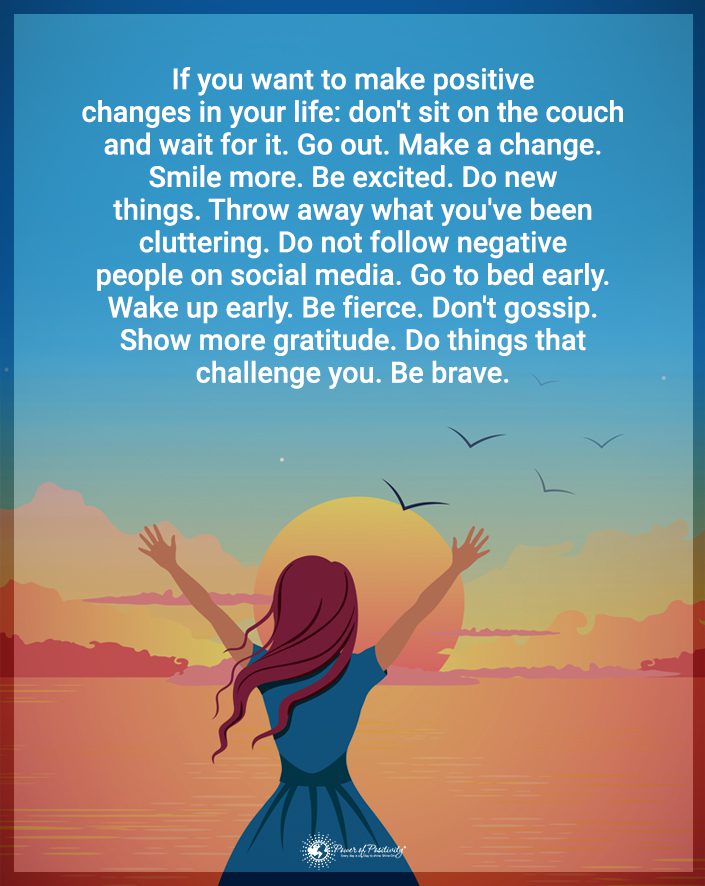
6. Don’t Fight Your Emotions
You’re hardwired with many different emotions, and if you’re trying to fight these emotions, it can make you miserable. Wouldn’t it be terrible if you couldn’t have a refreshing cry? Embrace the ebbs and flows of your feelings, and you must allow yourself to be angry and sad if the situation warrants it.
7. Laugh Often to Increase Positive Thinking
A good belly laugh can boost your optimism and encourage positive thinking. You’ve likely heard laughter is the best medicine, but a National Library of Medicine study shows that it’s true. Additionally, the study found that being happy and laughing more can keep dementia at bay, and everyone needs some positivity.
8. Open Your Mind to Positivity
Having close-minded and rigid thinking can make you miserable. You must open yourself to different thoughts and opinions to engage in more positive thinking. You’ll find positivity when you learn to accept and experience diversity, as you will realize there’s so much out there than just your way of thinking and living.
9. Travel and Experience New Things
Getting stuck in a rut that can inhibit your positive thinking is effortless. Getting away for a few days can be refreshing and boost your optimism. Meeting new people and doing new things can be just what you need to increase the positivity in your life.
10. Giving Back Increases Positive Thinking
Giving back to those less fortunate can give you an endorphin rush. When you help people, you put positive energy into the atmosphere, and the Universe adds to your karmic bank. Assisting others from a selfless place where you don’t want anything in return helps you become more authentic and positive.
11. Take Care of Yourself to Boost Positive Thinking
It’s hard to think positively when your body is sick and run down. Did you know you can enhance positive energy by caring for your body?
Committing to healthy eating and exercise is the key to increasing positive energy. Since your mental and physical health is closely linked, caring for both is imperative for good overall well-being.
12. Take a Positive Thinking Break
Most folks equate failure as being less than or not good enough. However, it would help if you view these things as learning experiences.
Even a baby stumbles and falls before they learn to walk, so you should know that these bumps and bruises along life’s highways are there to teach you lessons. See the positivity in the situation instead of dwelling on the negative aspects.
13. To Increase Positive Thinking, Let Go of the Past
If anything will drag you down and destroy your optimism, it’s living in the past. Yesterday is a closed door, and you must remind yourself that you no longer live there. If you want more positivity in your life, say goodbye to where you’ve been and hello to a promising future.
14. Improve Positivity by Keeping a Daily Gratitude Journal
Do you journal? Many people started this activity as a child with their diaries, but the gratitude journal takes things one step further. Each day, write five to ten items for which you’re thankful. It’s hard to be negative when counting all the blessings you have in your life. By doing this activity for a few days, you will notice a shift in your mindset, and it will be geared towards positivity.
15. Take Control of Your Life
Do you accept that there are things in your life you cannot change? Wouldn’t controlling the weather or how others feel about you would be nice? Since you can control those things, it’s best to work on the things you can manage.
When you realize that you can only control how you feel about things, you can learn to stop dwelling on all the toxic chaos around you and work on having more positive thoughts.
Final Thoughts on Increasing Positive Thinking
Starting this journey towards more positive thoughts and glowing with optimism is overwhelming, but you must remember that practice makes perfect. The ideas listed above are just a few things you can do to help create more positive thoughts, but there are many others. If you pick just one of these ideas and implement it into your life, it won’t be long before you see a significant difference.

